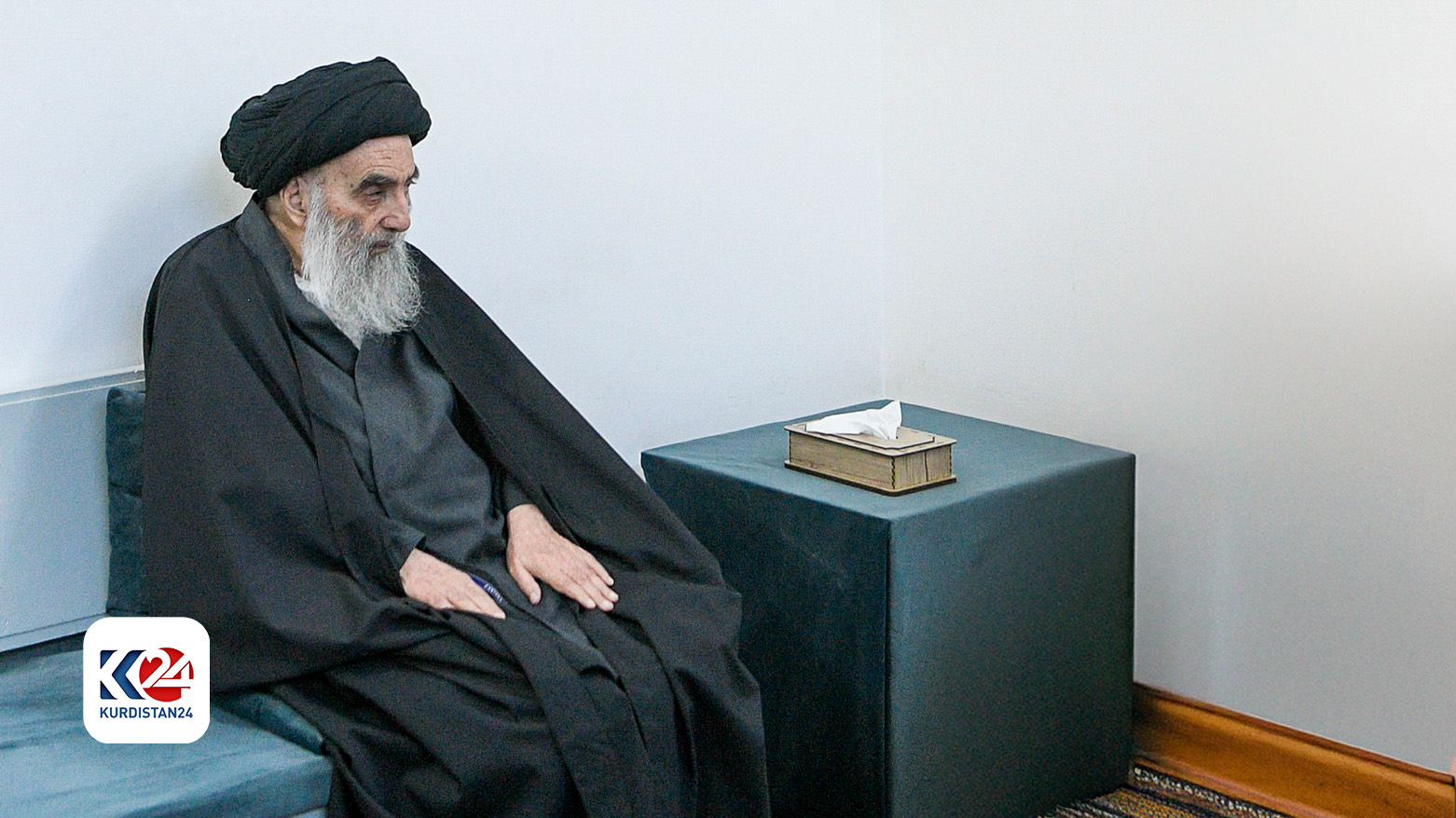UN Special Envoy meets top Shiite cleric in Iraq amid regional tensions
The high-level meeting comes at a particularly sensitive time as security threats and tensions continue to escalate both within Iraq and across the broader Middle East region.

ERBIL (Kurdistan24) - The United Nations Special Representative of the Secretary-General, Mohamed al-Hassan, arrived in Najaf province on Monday for crucial talks with His Eminence Grand Ayatollah Ali al-Sistani, Iraq's highest Shiite religious authority, according to a well-informed UN source.
The high-level meeting comes at a particularly sensitive time as security threats and tensions continue to escalate both within Iraq and across the broader Middle East region.
Al-Hassan, accompanied by his delegation, traveled to the holy city of Najaf specifically to engage with Ayatollah Sistani, who holds significant influence over Iraq's Shiite majority population.
The source indicated that al-Hassan's agenda includes discussions on several current files and pressing issues, seeking Sistani's perspective on various matters.
The UN delegation also aims to brief the religious leader on key international concerns that require resolution and fall under the UN mission's purview.
Ayatollah Sistani has historically played a crucial stabilizing role in Iraqi politics and society, with his pronouncements carrying significant weight among Iraq's Shiite population and beyond.
Previous meetings between UN representatives and the Grand Ayatollah have often preceded important developments in Iraqi political and security situations.
The UN's engagement with religious authorities like the Grand Ayatollah al-Sistani has been an important aspect of international diplomacy in Iraq, particularly during times of regional tension.
The timing of this visit is especially significant given the current regional instability and various security challenges facing Iraq.
The meeting represents continued diplomatic efforts to maintain stability in Iraq and the broader region through engagement with influential religious and political figures.